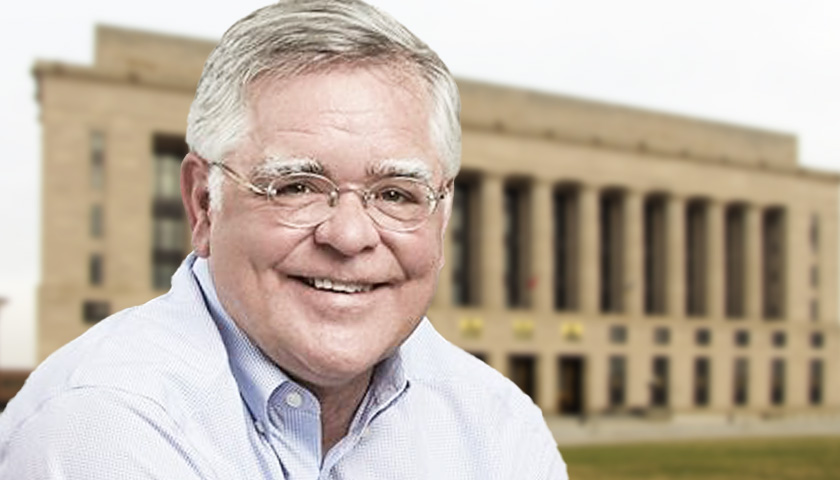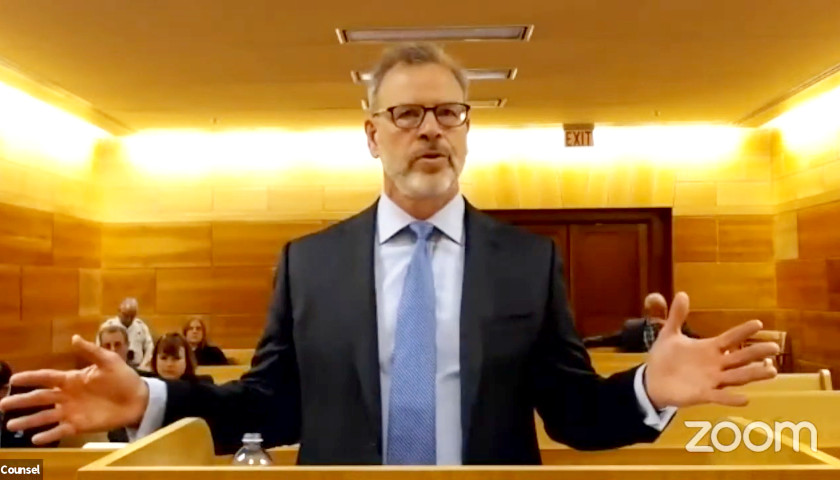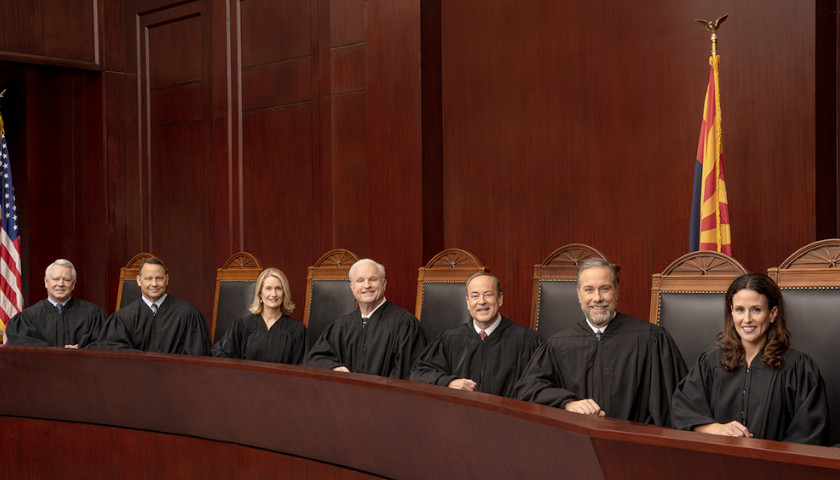Metro Nashville Mayor John Cooper has introduced his proposal for next fiscal year’s budget to Metro Council for review. The budget reflects over $3.2 billion in revenue, a 6.2 percent increase from fiscal year 2023. Areas of emphasis in the plan include nearly $100 million in new operating spending for Metro Nashville Public Schools (MNPS), an increase in first responder pay, and $50 million to increase Metro employees’ wages.
Mayor Cooper touted the financial successes of his term in his State of the Metro Address, in which he argued that public investments must keep up with private sector growth in the city. He listed four metrics by which a “great city” should be measured: police recruit classes, school funding per student, neighborhood infrastructure investments, and affordable housing units created.
Cooper’s proposed budget seeks to improve those metrics and more.
To increase public safety, the Mayor proposed $15 million in raises for police officers, hiring more officers to fully staff the 9th precinct, and over $10 million in increased fireman pay. Also proposed in the public safety section of the budget is $50,000 for a mail-in gun lock program, which would provide free gun locks for residents. First-year police officers will now make $65,000 per year, a 32 percent increase from four years ago.
While investments in policing are a line item in the budget, Cooper reminds Nashvillians that “there’s more to public safety than law enforcement.”
For school funding, Cooper proposed $99,970,300 in new operating spending for MNPS for fiscal year 2024. Additionally proposed was a pay increase for principals and associate principles, nearly $11 million to fix a “broken” substitute teacher system, and $8 million for a school lunch program which ensures that every Metro student gets a free lunch.
Over the last four years, Metro has added nearly $300 million in new recurring spending, which is, the mayor said in his address, “the largest increase over a four-year period in the history of Metro. By far.”
For neighborhood infrastructure investments, the budget proposal included $7.3 million in capital funding for Nashville General Hospital, capital investment in traffic calming, and a $10 million increase to the Metro and Regional Transit Authorities.
Finally, the mayor emphasized the need for affordable housing and solutions to homelessness. The new budget allows for $30 million towards the Barnes Fund for affordable housing, a $750,000 Community Partnership Fund, and a $500,000 Housing and Support Services Fund. The city looks to continue clearing large homeless encampments and rehousing their residents. The new Office of Homelessness will launch this July. Mayor Cooper claims that “[a]t our current pace, we will house all of Nashville’s chronically homeless population in the next three years.”
Mayor Cooper was bullish about how his budget will set up Nashville for future success: “If we responsibly manage our finances, invest in what works, and innovate to meet the challenges of tomorrow – we can be the best city in the United States.”
Metro Council vote on whether to approve the proposed budget at an upcoming meeting.
– – –
Mac Roberts is a reporter at The Tennessee Star. Email tips to [email protected].
Photo “John Cooper” by John Cooper. Background Photo “Davidson County Courthouse” by euthman. CC BY-SA 2.0.








